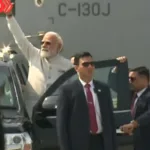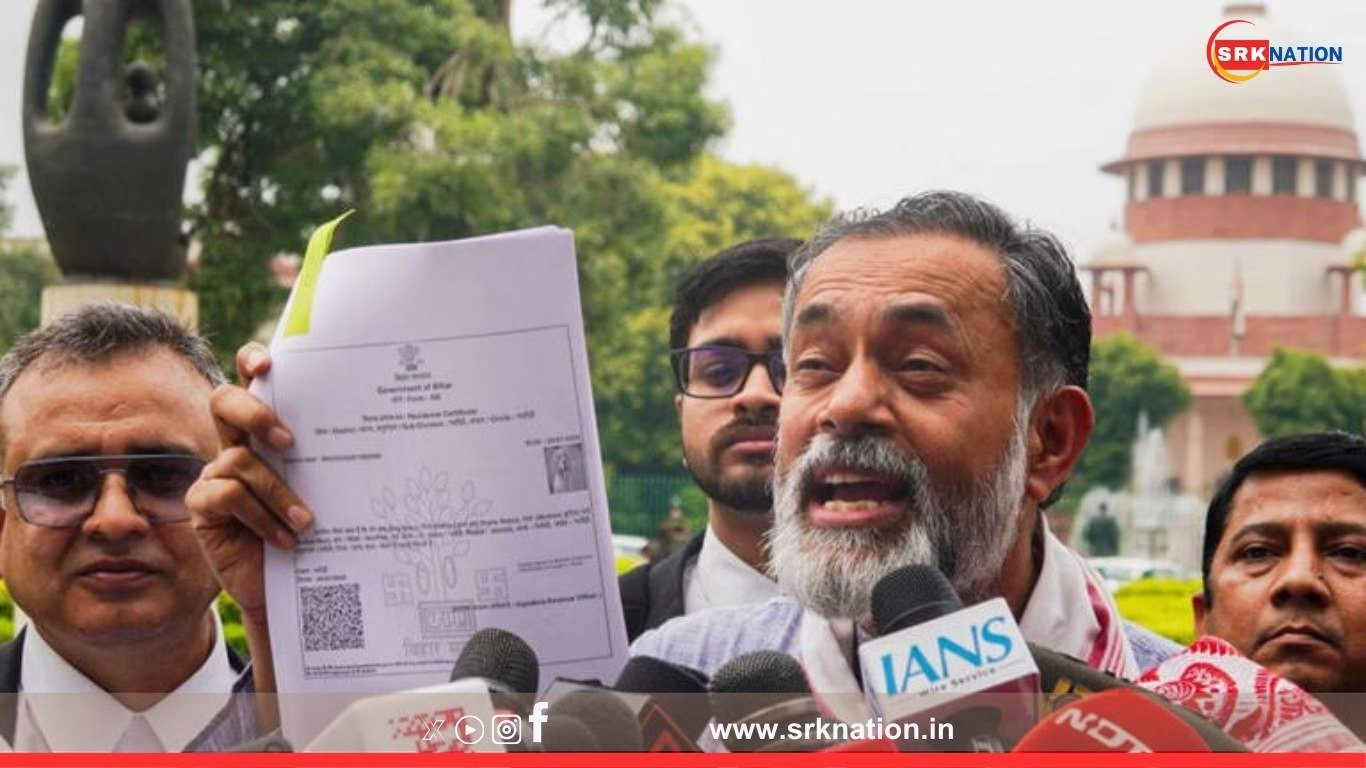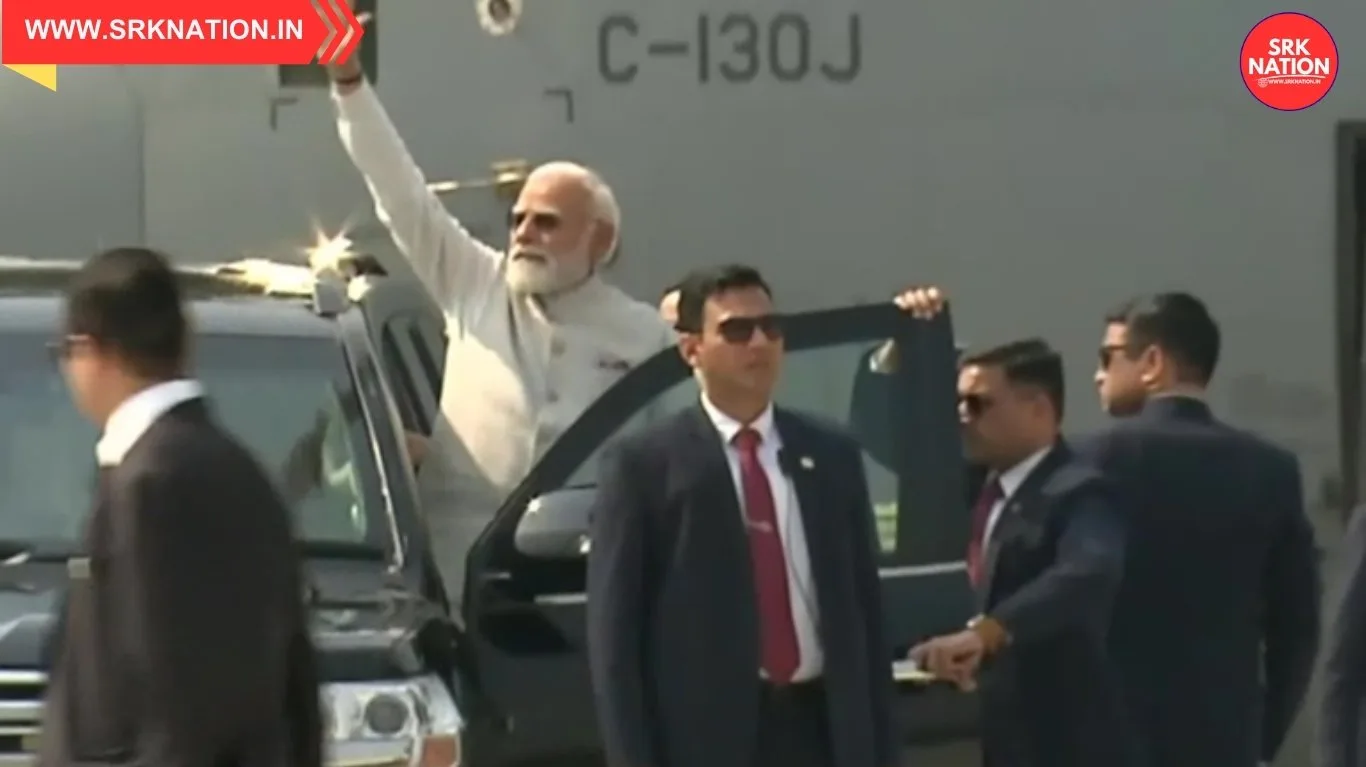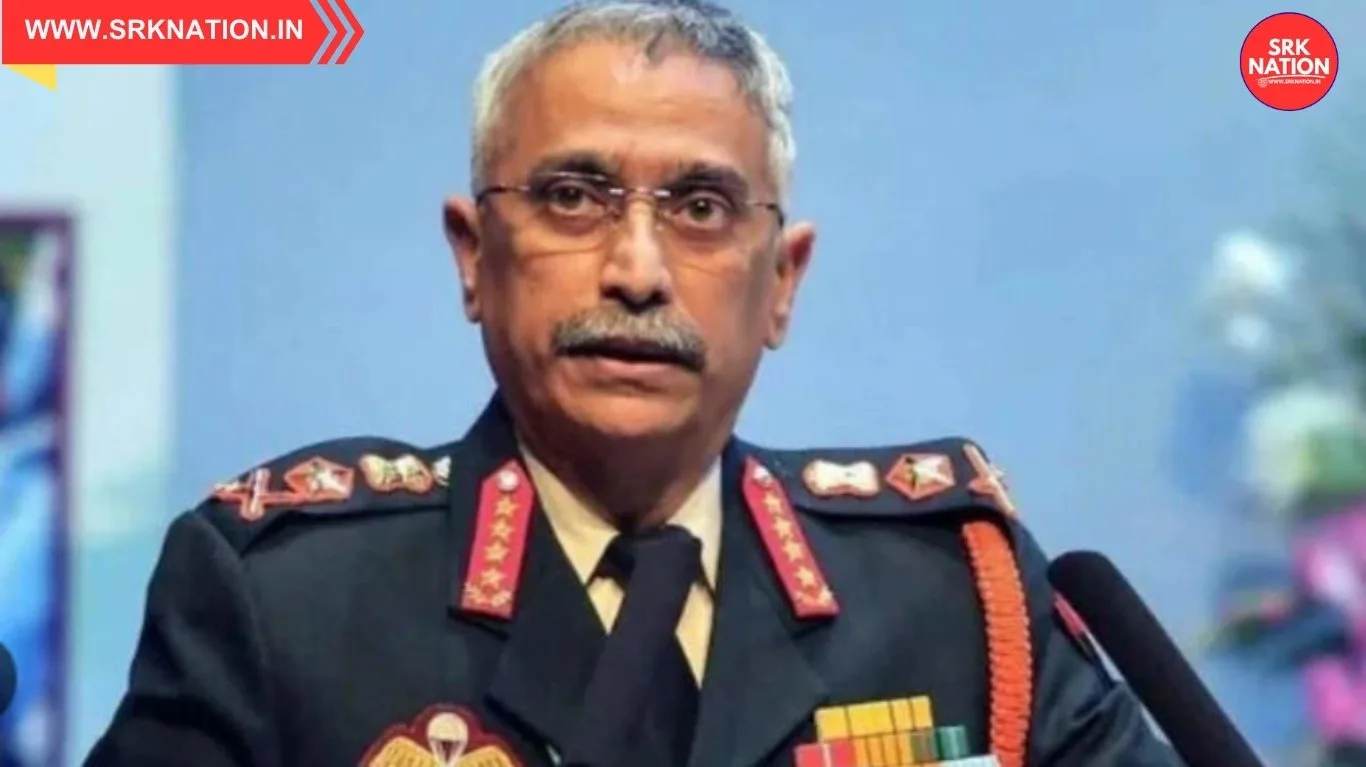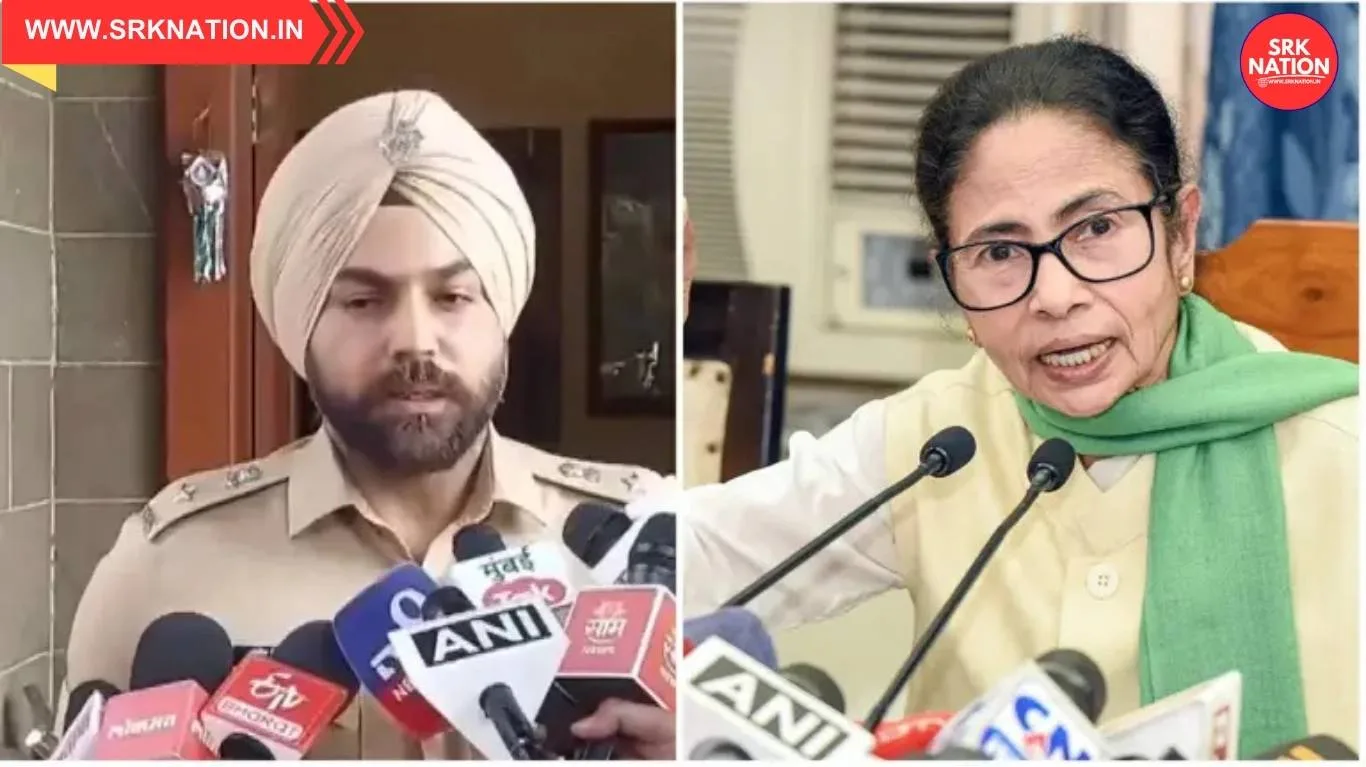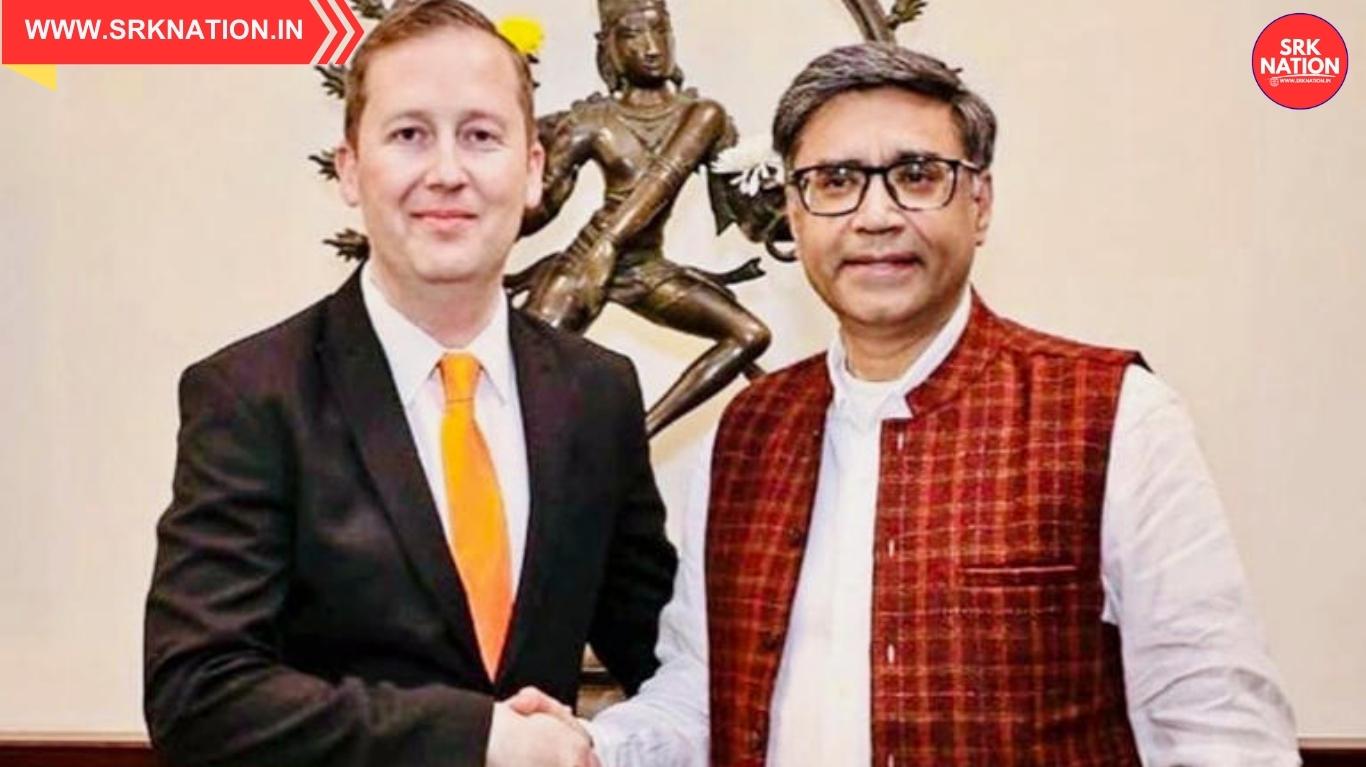In a dramatic turn during the ongoing legal battle over alleged voter list irregularities in Bihar’s Special Summary Revision (SIR) process, political activist Yogendra Yadav appeared before the Supreme Court accompanied by two voters officially marked as “dead” in the electoral rolls. The Election Commission of India (ECI), however, dismissed the move as “pure drama”, claiming it was a deliberate attempt to mislead the court and media.
The Supreme Court Hearing – A Scene of Surprise
During the proceedings, Yadav walked into the courtroom with the two individuals, both residents of Bihar, holding up voter IDs as proof of their existence. Yadav told the bench that their names were marked as “deceased” in official records, effectively stripping them of their voting rights without due verification.
Yadav alleged:
“This is not an isolated case. Thousands of legitimate voters have been deleted under the guise of updating rolls. This undermines the very foundation of democracy.”
The incident reportedly caused murmurs in the court, with the bench seeking clarification from the ECI on the verification process followed in Bihar’s voter list revision.
Election Commission’s Response – “A Publicity Stunt”
The ECI countered Yadav’s claims, stating that voter deletions are carried out after multiple checks and field verifications, and any errors can be corrected upon complaint.
An ECI counsel told the court:
“This is nothing but a publicity stunt. Bringing two people to court does not prove systematic wrongdoing. We have a transparent grievance redressal mechanism.”
Timeline of the Dispute
| Date | Event |
|---|---|
| Late 2024 | Bihar’s Special Summary Revision (SIR) conducted |
| Early 2025 | Allegations emerge of wrongful voter deletions |
| July 2025 | Multiple petitions filed in Supreme Court |
| August 2025 | Yogendra Yadav appears with two “dead” voters in SC |
| Pending | Court to hear ECI’s detailed affidavit on verification process |
What is the Special Summary Revision (SIR)?
The SIR is an annual exercise undertaken by the ECI to update electoral rolls by adding new voters, deleting deceased voters, and correcting errors. However, activists allege that the process often lacks ground-level accuracy, leading to wrongful deletions.
Issues Raised by Yogendra Yadav
- Arbitrary Deletions – Names removed without consent or verification.
- Lack of Public Notice – Affected voters not informed before removal.
- Potential Voter Suppression – Disproportionate deletions in certain communities.
ECI’s Defence Mechanism
| Step | Verification Action |
|---|---|
| 1 | Field officer visits voter’s address |
| 2 | Cross-verification with local records |
| 3 | Public notice issued in local ward |
| 4 | Final deletion after no objection received |
The ECI maintains that wrongful deletions are rare and can be rectified immediately through Form 6 and Form 8 applications.
Political and Public Reactions
The visuals of Yadav entering the court with the two voters spread rapidly on social media, with hashtags like #DeadVotersCase, #BiharVoterList, and #ElectionCommission trending on X.
- Opposition parties accused the ECI of negligence and demanded a statewide review of the voter list.
- Ruling party leaders accused Yadav of grandstanding to create political mileage.
- Civil rights groups called for greater transparency in voter roll management.
Potential Impact on Bihar Elections
If the court finds significant lapses in the voter list, it could order:
- A fresh verification drive in affected districts.
- Extension of deadlines for voter registration.
- Accountability measures for local electoral officers.
Legal Provisions Involved
| Law/Rule | Section | Relevance |
|---|---|---|
| Representation of the People Act, 1950 | Section 23 | Conditions for inclusion and deletion of names |
| ECI Handbook | Rule 21 | Procedure for marking voters as “deceased” |
| Article 326 of the Constitution | – | Right to vote for every eligible citizen |
Expert View
Election law experts believe this case could set a precedent for court oversight in voter roll management.
“While the ECI is autonomous, its decisions must be legally sound and fair. This case tests the limits of that autonomy,” said a constitutional law scholar.
Next Steps in the Case
The Supreme Court has directed the ECI to submit a detailed affidavit explaining the deletion process and specific records related to the two voters brought by Yadav. The matter will be taken up again next week.
Broader Implications – Trust in the Electoral Process
The case has opened up a larger debate on the accuracy of India’s electoral rolls, especially in states with high migration and low record-keeping. Ensuring that no eligible voter is wrongly excluded is now being seen as critical to safeguarding democracy.
Disclaimer: This article is based on publicly available court proceedings, official statements, and credible media reports. It does not pass any personal or legal judgment. The final determination lies with the Supreme Court after examining evidence.




